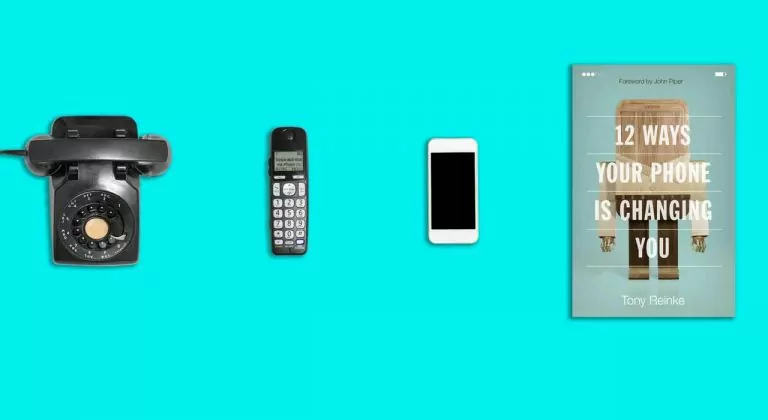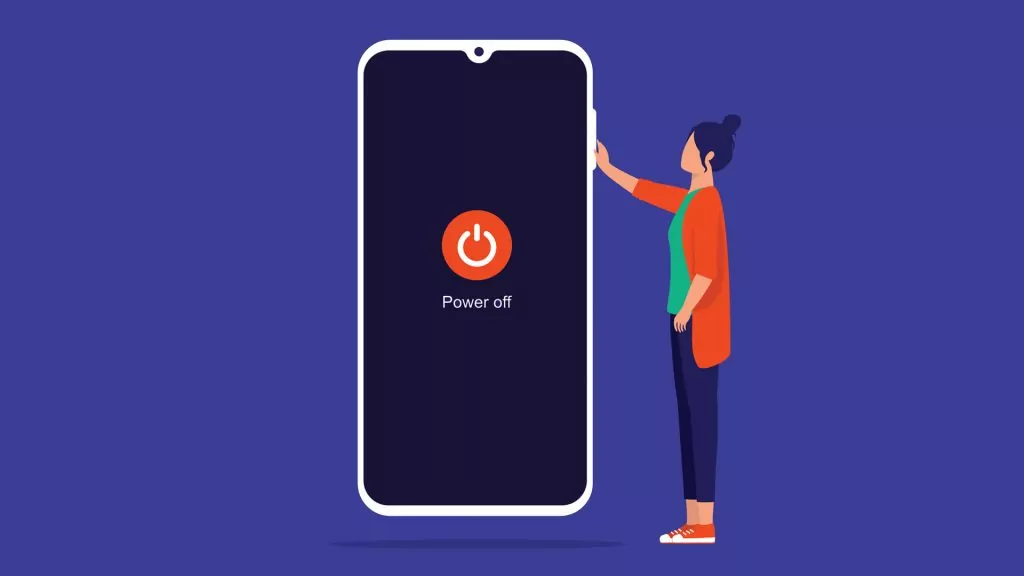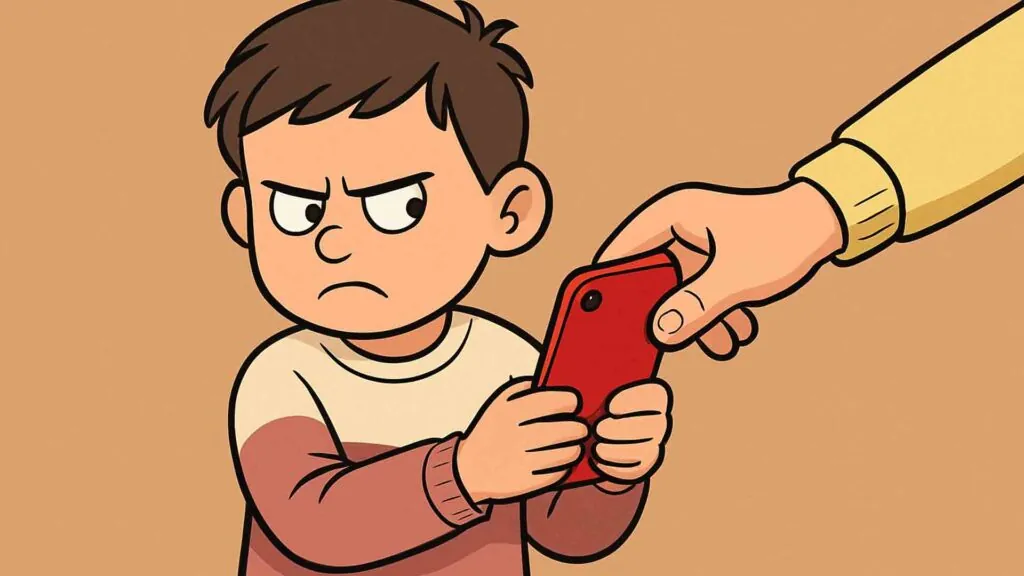The phone has had a huge impact on our way of life.
This was true already, back in the 1920s, when the coming of the telephone to rural New Zealand made a huge difference to isolated farmers’ wives, allowing them to communicate daily with friends. “Party lines” – which involved several homes sharing the same line – meant calls were not necessarily private…but if you needed to chat, then you could.
By the time I was a child the family telephone was a fixture on the wall, either in the hallway or in the kitchen. That meant it was in a public place where anyone could answer it and know who was calling you – or at least hear your end of the conversation.
Cutting the cord
When I was in my early adulthood cordless phones arrived. You could now take the phone into the privacy of your bedroom, and carry on a conversation unheard by anyone else. This began to worry parents, who knew the phone was somewhere in the house – but where? And what was being said on it?
Then came cell phones, when suddenly, calls could be made and received way outside the house, and when instant communication was, for the first time, privately accessible to all. You could speak to anyone – seemingly anywhere. I remember my astonishment at a call from Paul while he was on the top of a mountain in South Canterbury helping on an autumn muster. It was revolutionary to think of the possibilities of limitless accessibility.
Now, since 2007, and Steve Jobs’ introduction of the first iPhones, smartphones are everywhere. More than simply telephones, they are portable, computer-like devices that enable us to be online, all the time, and wherever we go. We can browse, we can post, we can keep up with the news – in short, do most things possible previously only at home. What’s not to like?
Cautions to consider
Well, lots, actually. As DesiringGod.org’s Tony Reinke has argued, our phones are changing us more than we know. I’ve just finished reading his book 12 Ways Your Phone Is Changing You and found it just as full of insights as all the reviews had promised. Everyone who owns a smartphone would likely benefit from a long, slow consideration of Reinke’s conclusions. He has thought hard about the implications of many of our common phone habits.
In general, Reinke finds that phones are causing us to disengage from the kinds of person-to-person interaction that love requires of us. We are becoming more detached, more isolated in our own little worlds, less caring, more frivolous.
Despite the fact that technology is a gift from God – the product of our inventiveness as creatures made in God’s image – our use of this particular piece of technology is making us less like Christ. It’s time that we took a good look at ourselves and reclaimed the use of our phones for good purposes.
1. ALWAYS AVAILABLE DISTRACTION
One of the most obvious problems with smartphones is their capacity to distract us. Beeps, buzzes, and tunes of all sorts destroy our concentration when we ought to be attending to work – or to someone in our proximity who deserves our attention.
I’m sure you’ve noticed the way vast numbers of people walk down the street with their heads down, thumbs tapping at their phones. (You’ve probably almost collided with more than a few). Not so long ago I was in a café and noticed a sign on the counter: “Sorry, the wireless is down today. You’ll just have to talk to each other.” Shock, horror! The girl serving the coffee thought it was exciting – and I don’t blame her.
Our phones are also distancing us from our flesh and blood – the people right in front of us, our families, our friends, and the people who need our help. Every time we flop on the couch for 15 minutes of mindless scrolling and skim-reading, we could be ignoring an opportunity to edify, encourage, correct, love – and even learn from – a human being for whom God has given us responsibility. Those 15 minutes will never be given back, either.
While some still think that our smartphones can end loneliness by connecting us to others, Reinke believes (and I agree) that face-to-face interaction cannot be replaced by screen-to-screen communication. We were created to respond to facial expression, tone of voice, and physical touch. Neither texts nor Facebook messaging can match what can be expressed face-to-face.
Of course we can communicate with many more people at far greater speed than is possible if we’re limited to where our bodies can be at any given time. But perhaps God has intended us for fewer, more meaningful friendships than Facebook could ever cater for.
2. EVER PRESENT PEER PRESSURE
I have never been a consumer or user of social media, mainly because I feared the distraction and time-wasting, but Reinke suggests there are other reasons these media are harming us.
He explains that we are becoming something like peacocks, preening and arranging our personas for the admiration of an online audience. Learning how others carefully shape their profiles to appear interesting, successful, witty, and up-to-date, we inevitably desire to be seen the same way. So Instagram, Facebook, Snapchat etc become platforms from which we can project the same attributes.
I had not realized the full extent of this, but Reinke notes that many a person wakes in the morning to check how many comments or “likes” their posts from the night before have generated. It’s obvious that young people sensitive to peer pressure can fall for this, but many a lonely adult person who lacks security in Christ can be equally susceptible. It’s time to get off social media, on our bikes and start visiting lonely people face-to-face!
3. DISTANCE DIMINISHES CONSIDERATION
Another effect of the distance our smartphones can put between us and others is the impunity with which we criticize and demean others, via our screens. Apparently, people feel less sense of remorse for what they say to others online than for what they might say in person. Clicking “send” has nowhere near the consequences (they think) that saying something in personal conversation does.
We’ve all seen the horribly offensive things people say, apparently without compunction, on Twitter or in the comments section beneath news articles. It seems that if the recipient of your spite is not visible through your screen, then guilt about how we make them feel is lessened.
I can’t quite understand that, since each of us is capable of imagining how it would feel to be on the receiving end of vindictive words on a screen. But certainly, increased use of screens for communication seems to be hardening us. We are getting accustomed to this unkind and demeaning discourse-at-a-distance, and it appears to be imitated by others. For instance, last month I read about our Minister of Foreign Affairs referring to our Leader of the Opposition as “simple Simon.” Does that kind of epithet sound vaguely familiar – on Twitter, perhaps?
4. PRIVACY BRINGS TEMPTATION
Much has been written about the danger of what Reinke calls “secret online vices” like pornography. The scary thing is that this kind of vile material is available, on phones, any time and any place. Many people think they are able to view it without anyone else knowing; and therefore without consequence.
Christians need to remember that God sees everything we do: nothing is hidden from him. God has made our eyes and our ears, but he expects them to be used with discretion. How can we use them to pollute ourselves? Reinke would not be the first to suggest that in the end, if your eye is causing you a problem, pluck it out. Smartphones are indeed disposable, and certainly able to have their contents blocked and curbed. The consequences of addicting yourself to such vices are too awful to contemplate.
5. ALGORITHMS FEED US JUST ONE SIDE (Prov. 18:17)
There is one final way that our smartphones are changing us, and it concerns me more than the others because it affects our ability to distinguish truth from error. We are so overloaded with online input (resulting in what Solomon called a “weariness of the flesh”) that we are inclined to retreat to bubbles of like-minded communications, dismissing all the rest as biased, wrong, or simply doubtful or unverifiable “noise.” The result is that the world is becoming an increasingly partisan place consisting of groups of people who, day by day, shout at each other, distrust each other, even hate each other – intractably.
Being constantly online and fed a continuous diet of news we agree with is light years away from an older world. Once upon a time (maybe 20 years ago) people read a range of news sources, mindful of the biases of each, in order to arrive at some semblance of the truth. In those days discerning readers knew that if one news source got things wrong, the others would pounce and correct it. The truth prevails in the end, as historians generally know. Nowadays there is little true dialogue, and a cynicism about anything other than the source I read. All else is “fake news,” we hear.
This is really scary, since unless we are willing to expose even our most deeply-held views to scrutiny, we will lose the power of discernment. And that is what tyranny thrives on.
Conclusion
So I’d suggest, along with Tony Reinke, that it’s high time to take a close look at our uses of our smartphones. Are they changing us? Yes, and in ways that we might not realize.
This is an edited version of an article first printed in the May 2018 issue of Faith in Focus www.rcnz.org.nz where it was published under the title “We and our phones.” It is reprinted with permission. Sally Davey is a member of the Reformed Church of Dovedale, Christchurch, New Zealand. You can download a 40-page preview of Tony Reinke’s “12 ways your phone is changing you” here.












